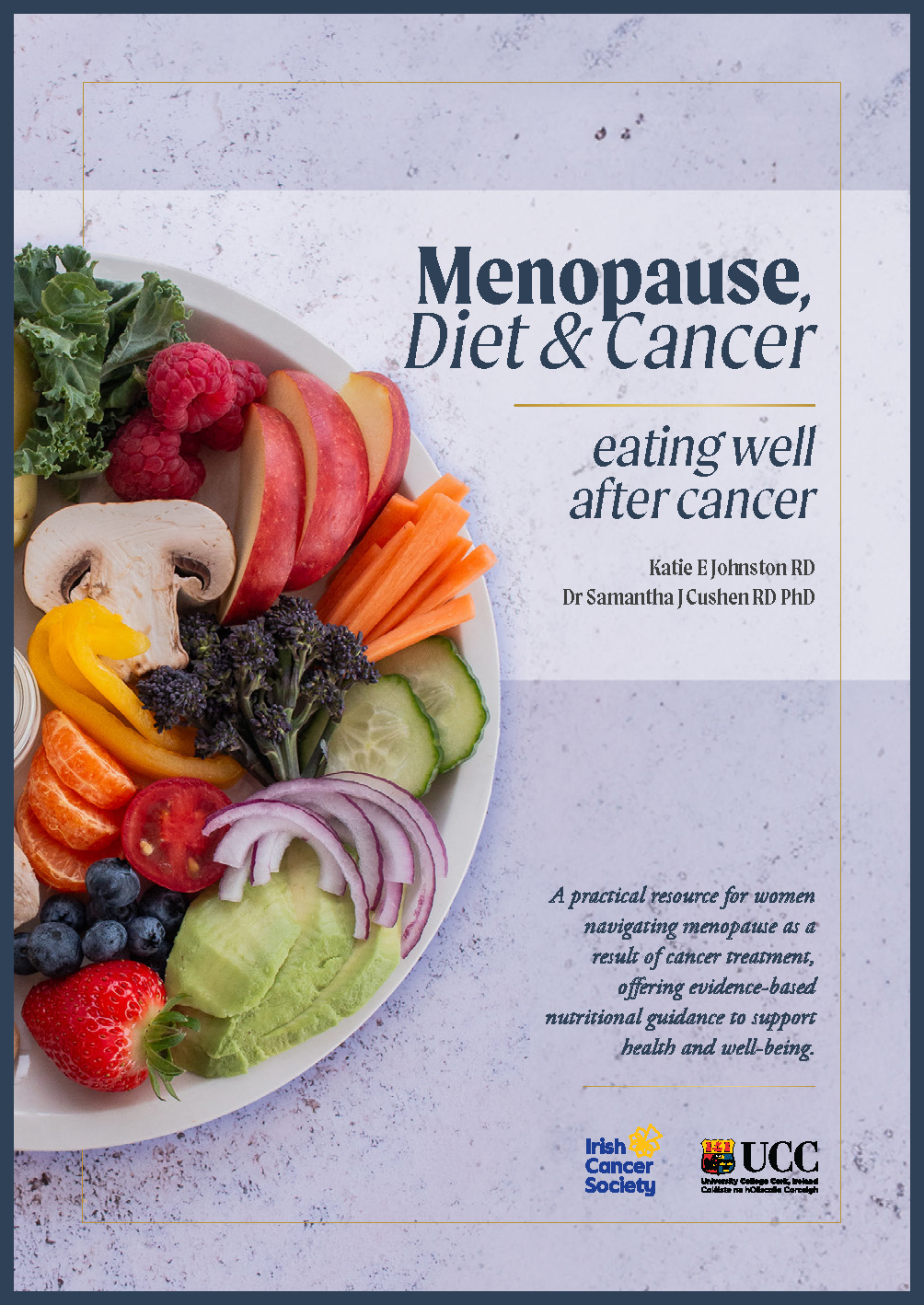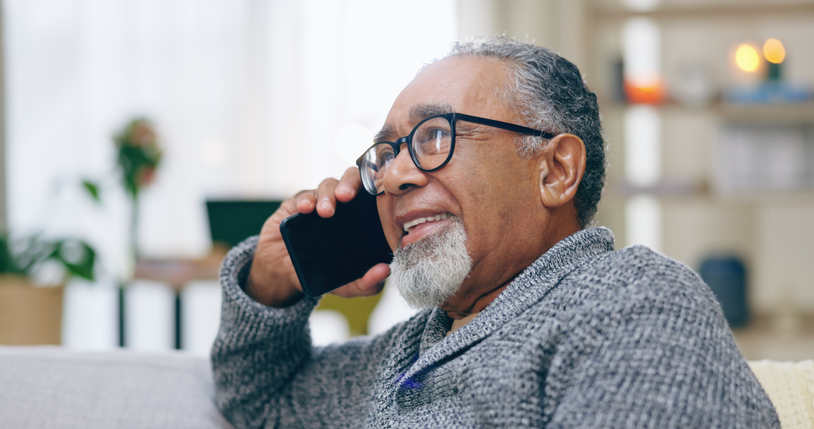Menopause refers to the permanent end of menstruation (having periods).
Menopause happens because the ovaries stop producing the hormones oestrogen and progesterone. Symptoms of menopause, like hot flushes and mood changes, are caused by the change in your hormones.
Cancer treatment and menopausal symptoms
Cancer treatments that reduce oestrogen levels or block the action of oestrogen can cause menopausal symptoms. For example, chemotherapy, hormone therapy and ovarian ablation.
Even if you have already been through menopause, you are likely to experience menopausal symptoms while on hormone therapy treatment.
These treatments can also cause your periods to stop (menopause).
In some cases, menopause caused by cancer treatment can be quite sudden. Symptoms are often more intense than when menopause occurs naturally. Often, the younger you are, the more severe the symptoms.
Menopause caused by cancer treatment can be temporary or permanent. Those who are closer to the age of natural menopause (late 40s to mid-50s) are more likely to find that their periods don’t come back after treatment.






